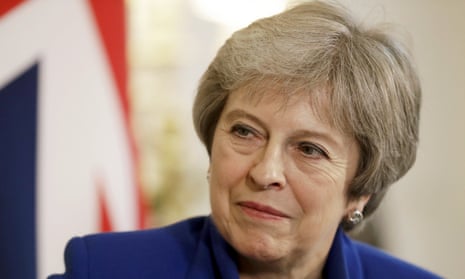Although the question of whether to leave the European Union was put to voters in 2016, Brexit never stopped requiring choices. The referendum verdict did not settle the strategic decisions about Britain’s future relationship with its continental neighbours, still less provide methods for enacting such decisions.
Even now that negotiations are in their final stages, the dilemma of a post-Brexit trajectory – alignment or divergence – is unresolved. Downing Street is signalling that a deal is close. Ministers have been invited to peruse a provisional text. This is a spin campaign to build domestic momentum behind the prime minister more than a definitive breakthrough. The EU side sounds more cautious because progress is measured differently in the UK and Brussels. Theresa May chalks up a personal victory if she manages to persuade her cabinet to agree on a policy. That doesn’t mean that the policy will be welcome across the Channel.
The sticking point has not changed for months: how to ensure a frictionless Irish border when the UK wants to leave the single market and the customs union. The solution, as was long ago apparent, is to stay in a customs union after all. That will be the basis of any withdrawal agreement that Mrs May puts before parliament, with the promise of an upgrade to a wider trade agreement, to be finalised in the transition period. But transition ends in 2020 and free trade agreements usually take longer than two years to negotiate. The missing element is a mechanism for the UK to extricate itself from what will be sold to Conservative MPs as a “temporary” customs union.
Hard Brexiters demand an escape hatch so that they can embark on the journey of deregulation and dismantling of European social protections that was their reason for wanting to leave the EU in the first place. But any such clause would frighten off former remainers who envisage a more pro-European future. Labour MPs could never endorse a Brexit that gave succour to the neo-Thatcherite ambitions of the Tory right. The EU, meanwhile, will not agree to anything that allows the UK to coast along with near-current levels of European market access, then pivot into a rival set of global trading arrangements with the Irish border issue still unresolved.
For all the talk of an imminent deal, and the theatre of inviting cabinet ministers to see the work in progress, a definitive text that is acceptable both to Brussels and a majority in parliament still eludes Mrs May. That is because she has never had the courage to choose between irreconcilable propositions: a future harmonised with the EU or founded in hostility to it. She claims to want the former, but fails to repudiate the faction of her party that is steeped in the latter.
If the prime minister is lucky she will alight on some formula that postpones once again the critical strategic choice or, more likely, smuggles it into the small print of the withdrawal agreement. She might effectively lock the UK into an open-ended trade regime, obviously inferior to EU membership, while telling Tory Brexit fundamentalists that their ideological dreams might yet come true. Under the circumstances, pulling off that manoeuvre would probably feel like success to Mrs May, but, in all probability, it would not be a good deal for the country.
